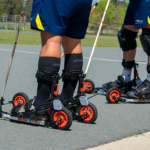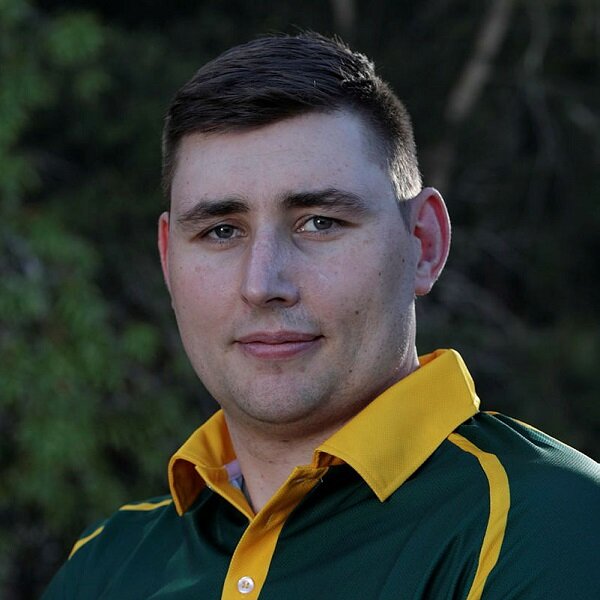
From Invictus competitor to coach: A wounded veteran’s inspiring journey
Understanding both the challenges of being wounded or injured in the military and the pressures of competing at an international sporting event is a unique skillset. Joel Vanderzwan is one individual who has experienced both. Eager to give back to the community he loves, he decided to apply for a coaching role for this year’s Warrior Games after a rewarding experience as a competitor at the Invictus Games The Hague, 2020. And luckily for Team Australia, he was appointed!
Joel’s journey to adaptive sports
Joel joined the Navy in 2007 at the age of 17 as an Able Seaman Marine Technician. Beyond professional fulfilment, Joel’s military career fostered a deep sense of camaraderie, mateship, and provided him with incredible life experiences. In 2012, his life took an unexpected turn when a motorcycle accident left him with T6 complete paraplegia. Despite the challenges he faced, Joel approached his rehabilitation with determination, drawing upon his competitive spirit to regain life skills and find solace in sports. Adaptive sport became not only a means of physical recovery, but also a source of mental strength and purpose for Joel.
Sport for rehabilitation has been integral for my physical health and mental wellbeing. It made sense for me to use sporting goals to help achieve my rehabilitation goals.”
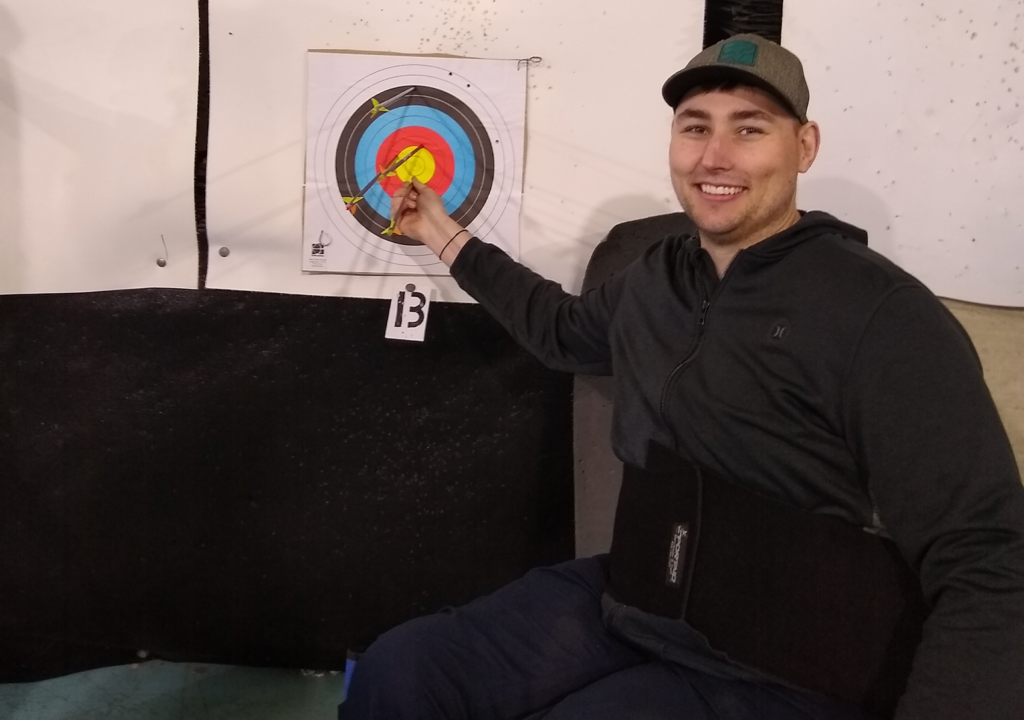
STEPPING UP TO THE INVICTUS STAGE
Despite the setbacks he encountered, Joel’s resilience and determination propelled him forward. His passion for sports led him to apply for the Invictus Games the Hague 2020. His application was successful for the rescheduled games in 2022, where he competed under the Australian flag in Archery, Wheelchair Basketball, Indoor Rowing and Wheelchair Rugby. More importantly, Joel discovered a community of fellow veterans and athletes who shared his journey of recovery.
I applied for the Invictus Games to test myself and set an example that rehabilitation and reintegration into society never stops. It requires constant work to be able to adapt and achieve your goals.”
While preparing for and competing at the Games, Joel quickly realised the unique nature of events such as these. Less focused on athletic performance, he discovered that these sorts of Games are a celebration of how far wounded, injured and ill veterans have come and how they can continue to use sport to aid in their recovery journey.
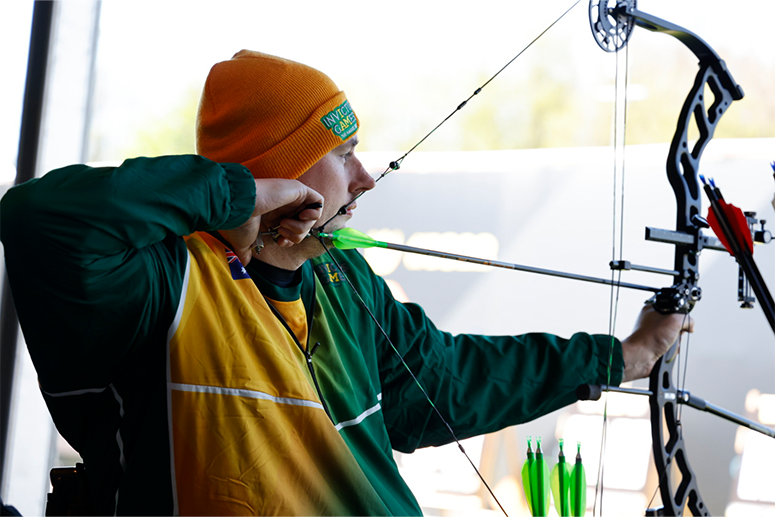
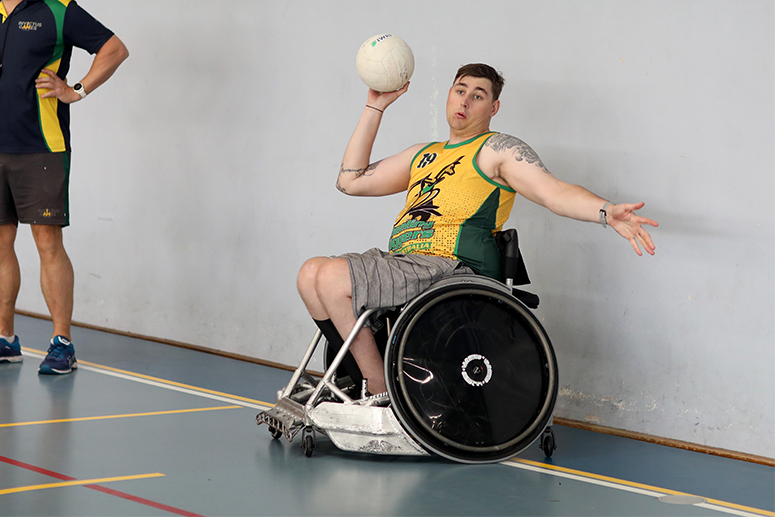
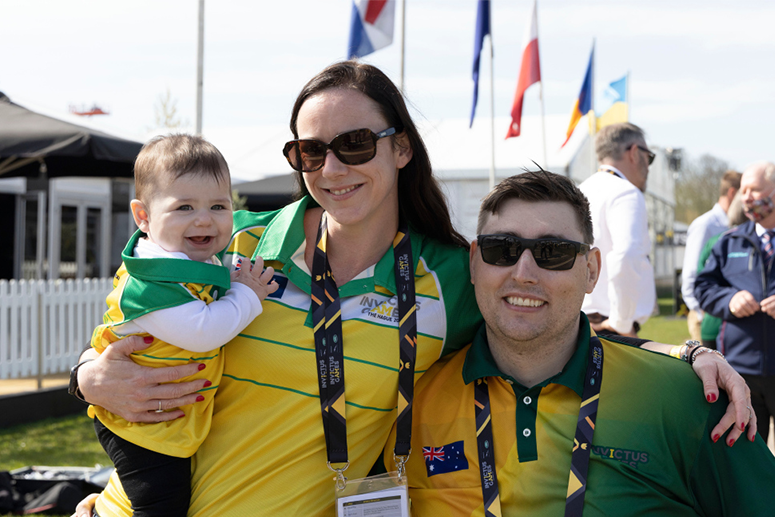
TRANSITIONING INTO COACH
Inspired by the positive and rewarding experience he had, Joel decided to make himself available as a coach for future Adaptive Sport Program events. Earlier this year, he was selected as a coach for the wheelchair sports Team Australia will compete in at the DoD Warrior Games. For Joel, his coaching position is all about being able to give others the same opportunity he was given during his recovery journey.
We get so much from this program… If people aren’t giving back, it can’t continue, which means people don’t have the experience I’ve had.”
Adopting the same values showcased at these events, Joel is not focused solely on results. For him, the true reward lies in the moments of connection and camaraderie shared with fellow competitors.
“The [Warrior] Games is the shining light moment. That’s the pivotal moment we all work to. But it’s not the most important. The most important moment for me is when people come up to me and go, ‘I really love this game, do you know where I can play it?’ It is when we speak to local veteran communities and bring the competitors along and welcome them into the Invictus Australia family.”
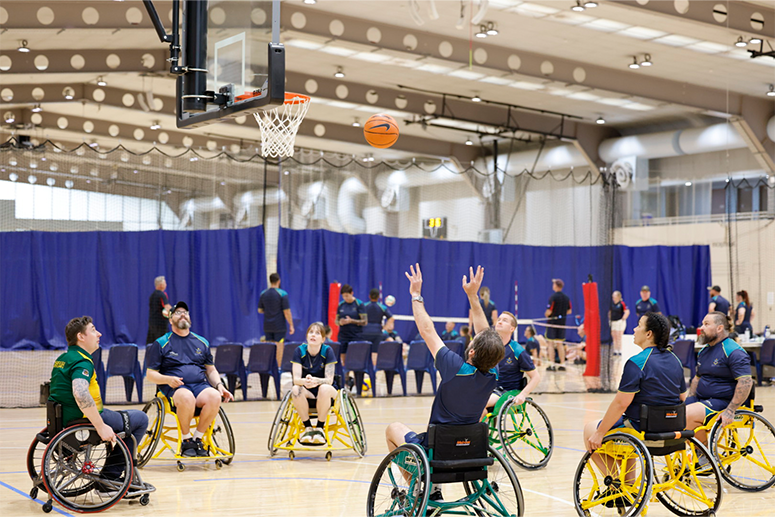
Invictus Australia facilitates local community events beyond the Games, and connects the Defence community into established sporting groups, whether they are wounded, injured and ill, or proactively looking to build mental & physical fitness, or craving social connection. Stationed around the country, our Veteran Engagement Managers facilitate sporting activities to allow veterans and family members to connect with their community, helping to prevent possible negative side effects of serving in the Defence Force, which are being documented currently through the Royal Commission into Defence and Veteran Suicide.
We encourage anyone connected to Defence, whether former or current serving, or a family member, to join us at an event near you or join your local Facebook group to stay connected.
JOEL’S ADVICE TO WARRIOR GAMES HOPEFULS
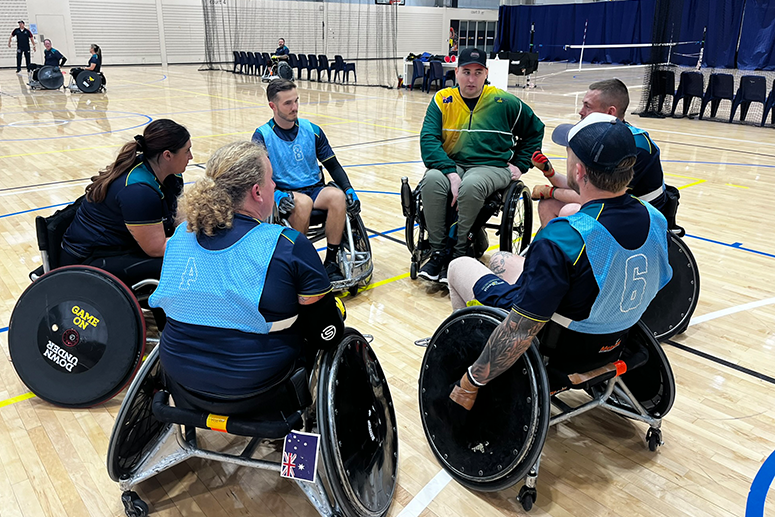
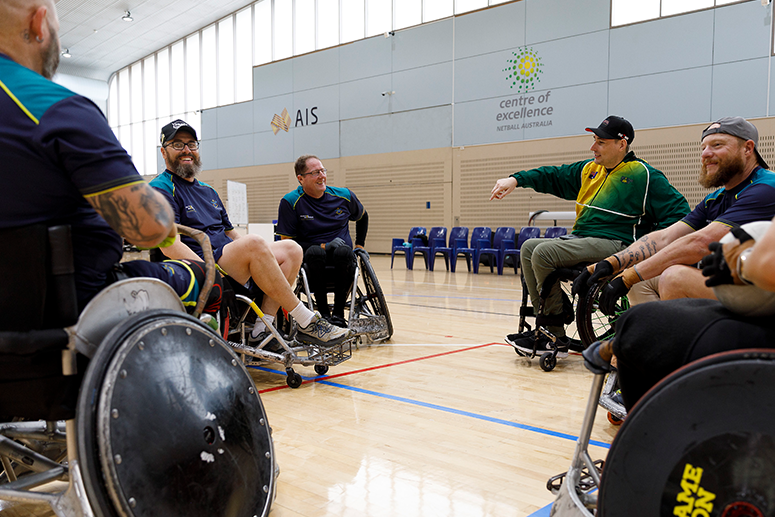
As he continues to coach Team Australia, Joel imparts valuable advice to his teammates: to embrace the present moment, find joy in the journey, and never lose sight of the support and sacrifices made by their families.
I think there’s two main pieces of advice I would give, one for during the Warrior Games and one piece for after. During the Games, don’t stress too much. Enjoy the whole experience without pressure. And, post Games, don’t leave it too long before getting back into sport, because getting back into it is the hardest part, but sport will continue to be a rewarding experience during your recovery journey.
Joel’s story is a testament to the transformative power of sport and the resilience of the human spirit. Post injury, he has continued to remain positive and use sport to aid in his transition out of the military and in his recovery journey. Grateful to have been given the transformative experience of an Invictus Games, Joel is now ready to give back to Team Australia competitors that will follow in his footsteps at this year’s Warrior Games.
THE WARRIOR AND INVICTUS GAMES ARE NOT FOR EVERYONE – WHAT’S NEXT?
There are limited positions available for Australian Teams and not every eligible person will be able to attend an Invictus Games or Warrior Games. These teams are filled from applicants to the Australian Defence Force Adaptive Sport Program (ASP). Following the closing date for EOIs for the ASP, a process of accepting individuals into the program will commence, which will reduce the pool to a small squad to keep training toward achieving selection in those Teams. For more information on categorization and selection, click here.
Unfortunately, many who apply will miss out on involvement in the ASP. However, Invictus Australia encourages and supports all individuals who apply to re-commence or continue their journey toward life-long participation in sport, through the community work we undertake.
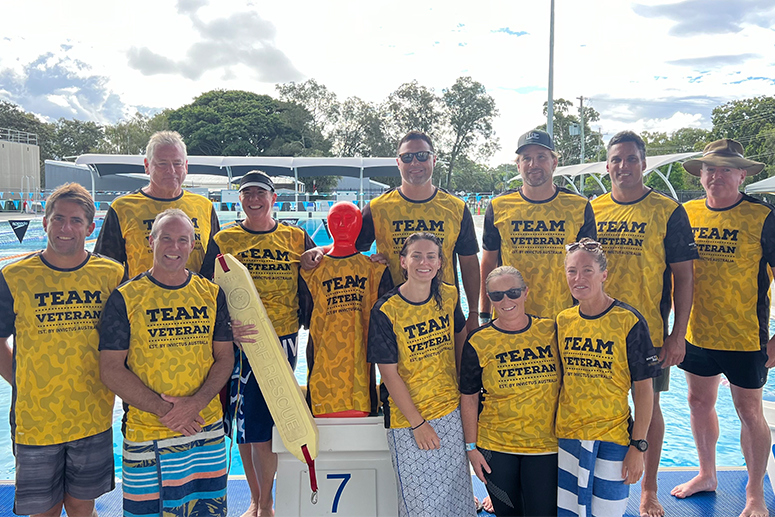
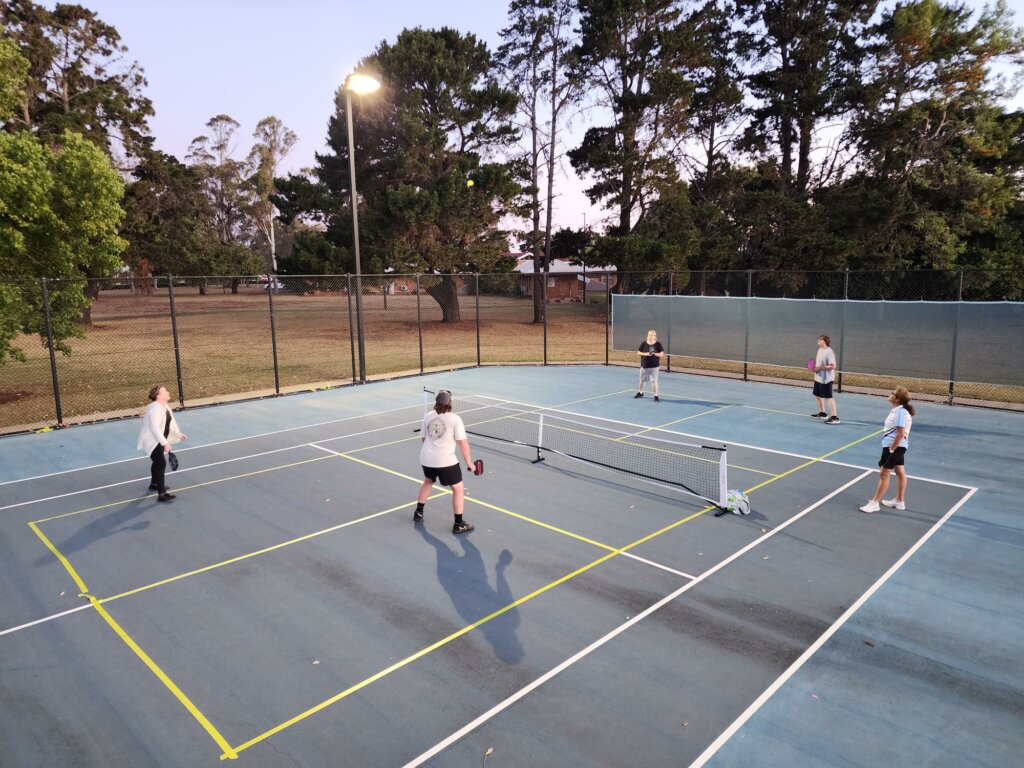
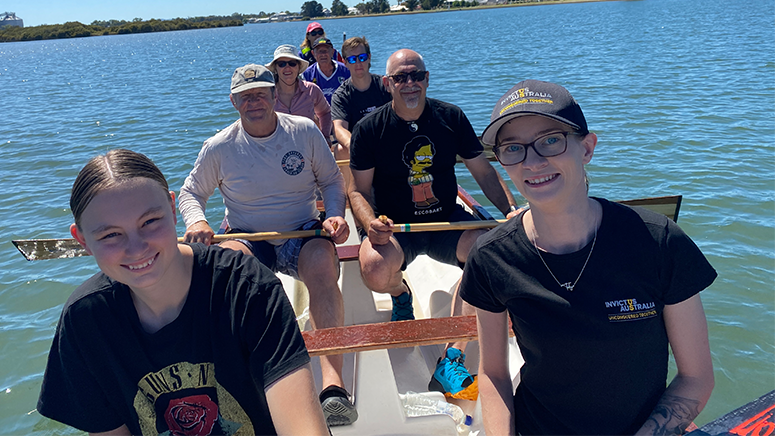
Invictus Australia partners with the Australian Defence Force to deliver Team Australia for both the Warrior and Invictus Games as part of the ADF Adaptive Sport Program. Learn more here.
Read More:
- Meet Team Australia heading to Orlando, Florida for the 2024 DoD Warrior Games
- Aussie wounded Veterans head to the AIS for a chance of a spot at the Warrior Games 2024
About Invictus Australia: Invictus Australia encourages veterans and their families to connect and engage with their communities through sport. Whether participating or volunteering at grassroots level, to competing internationally at an Invictus or Warrior Games, Invictus Australia leverages the power of sport to proactively foster good health and aid in recovery, rehabilitation and reintegration. Invictus Australia promotes the physical, social and emotional benefits of sport for all, and shine a light on the unique needs of younger veterans, particularly the challenges associated with transitioning from military to civilian life.



